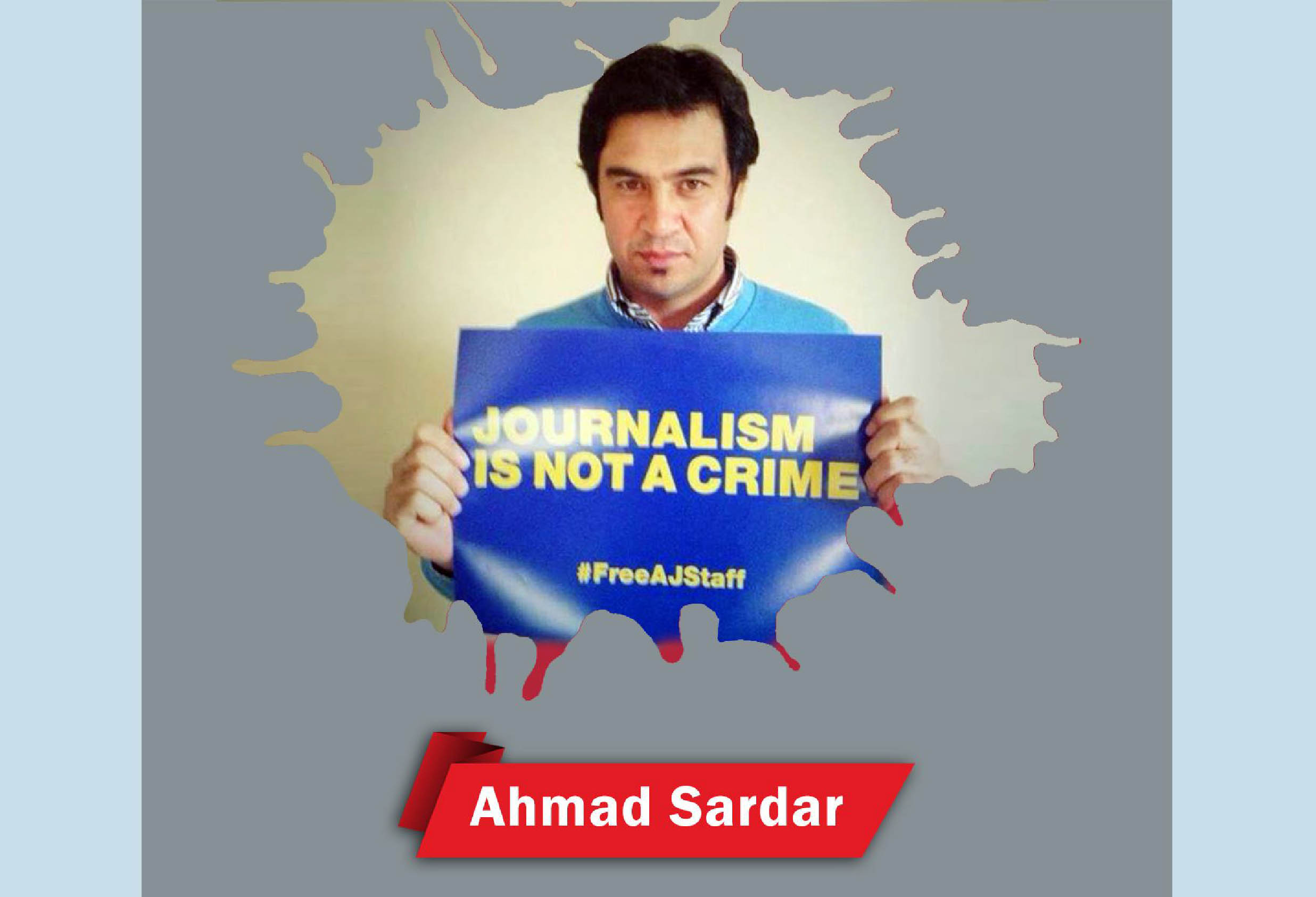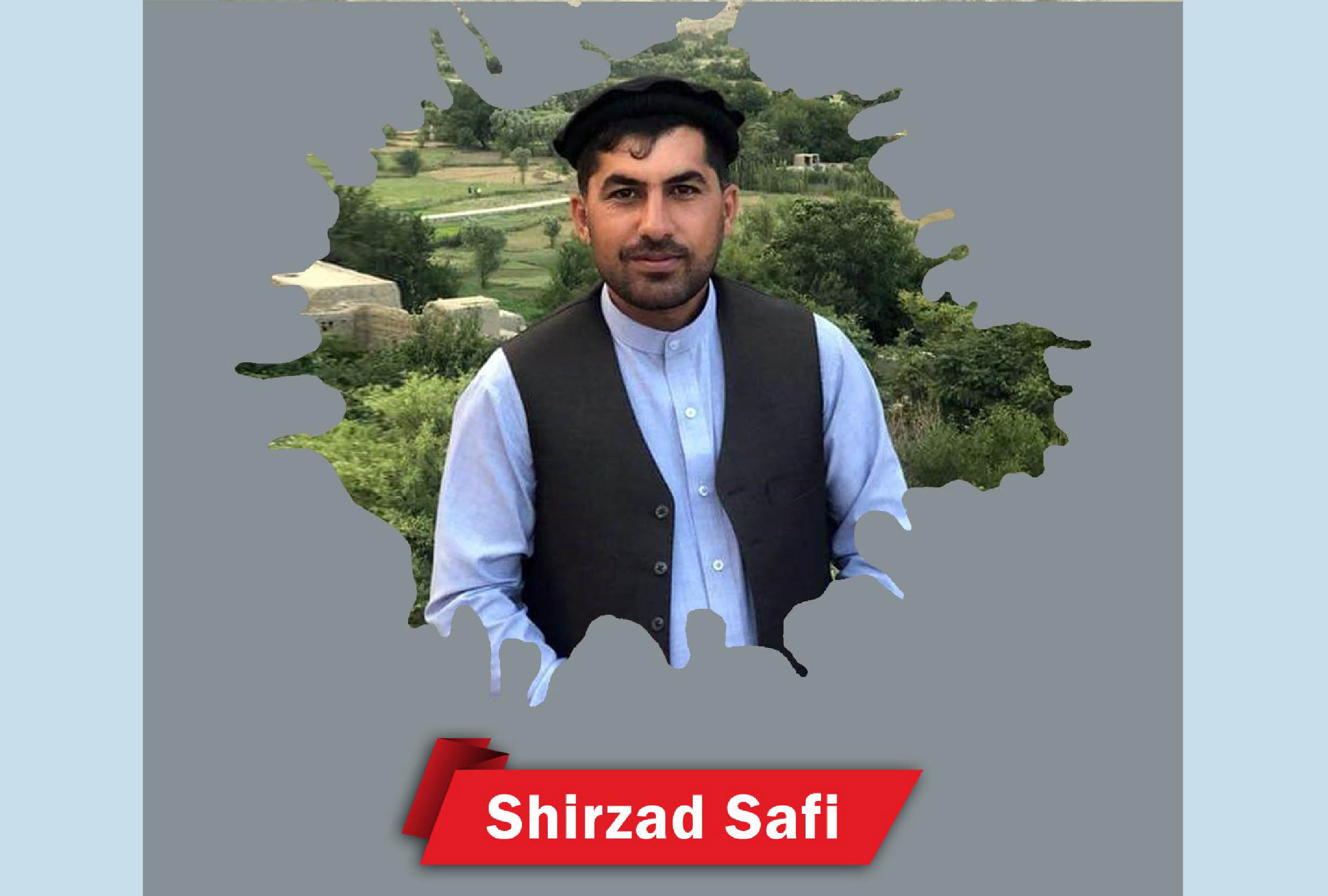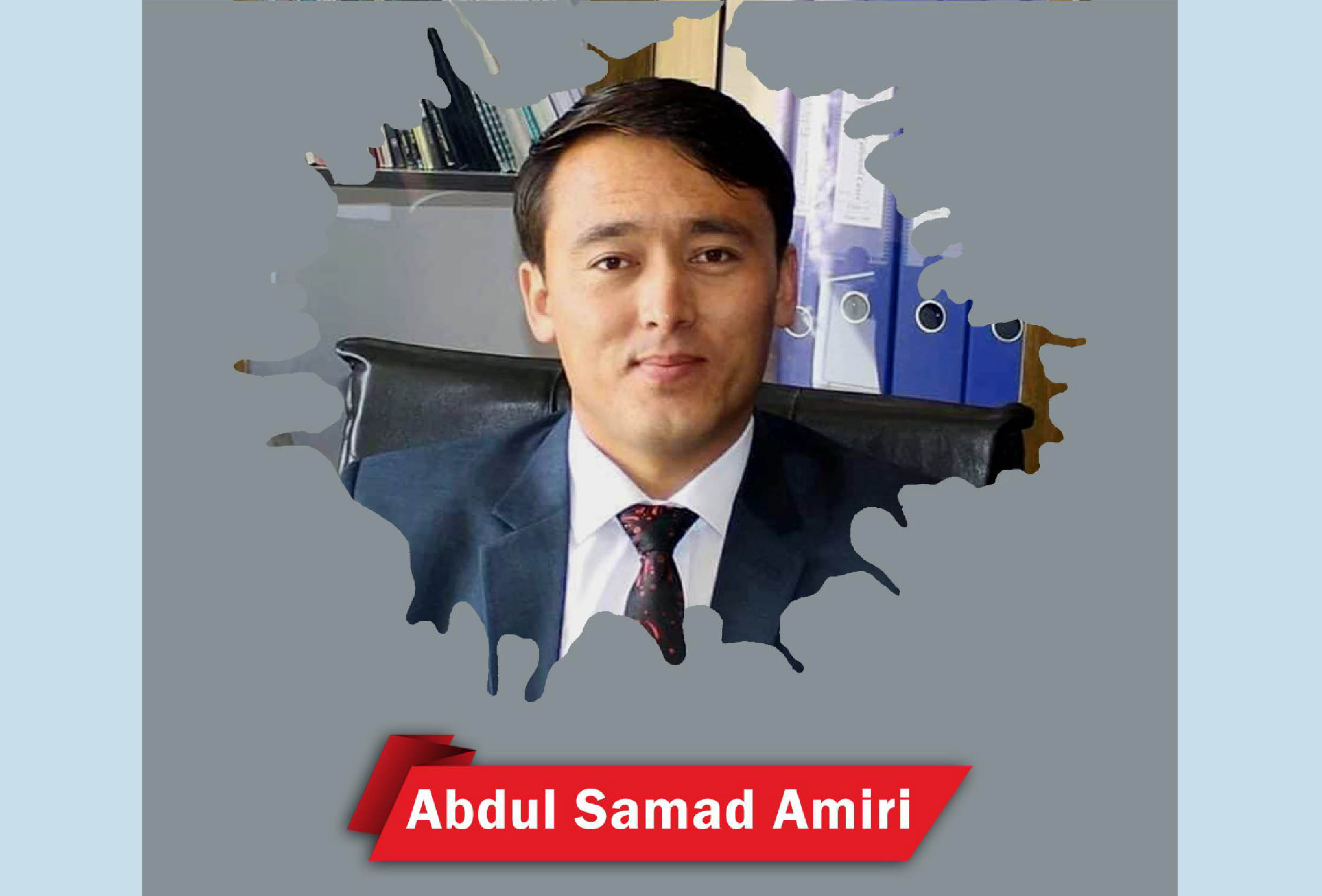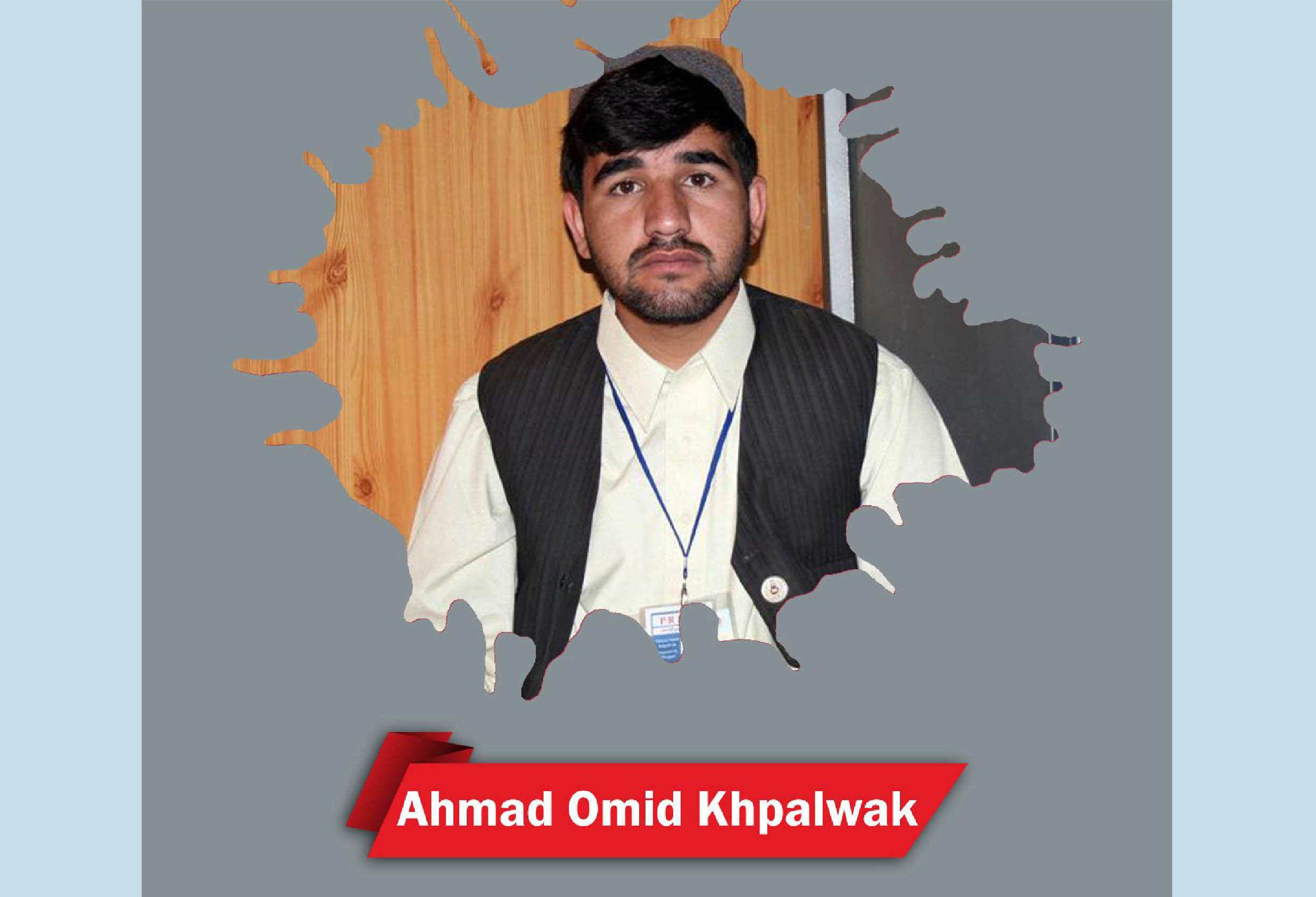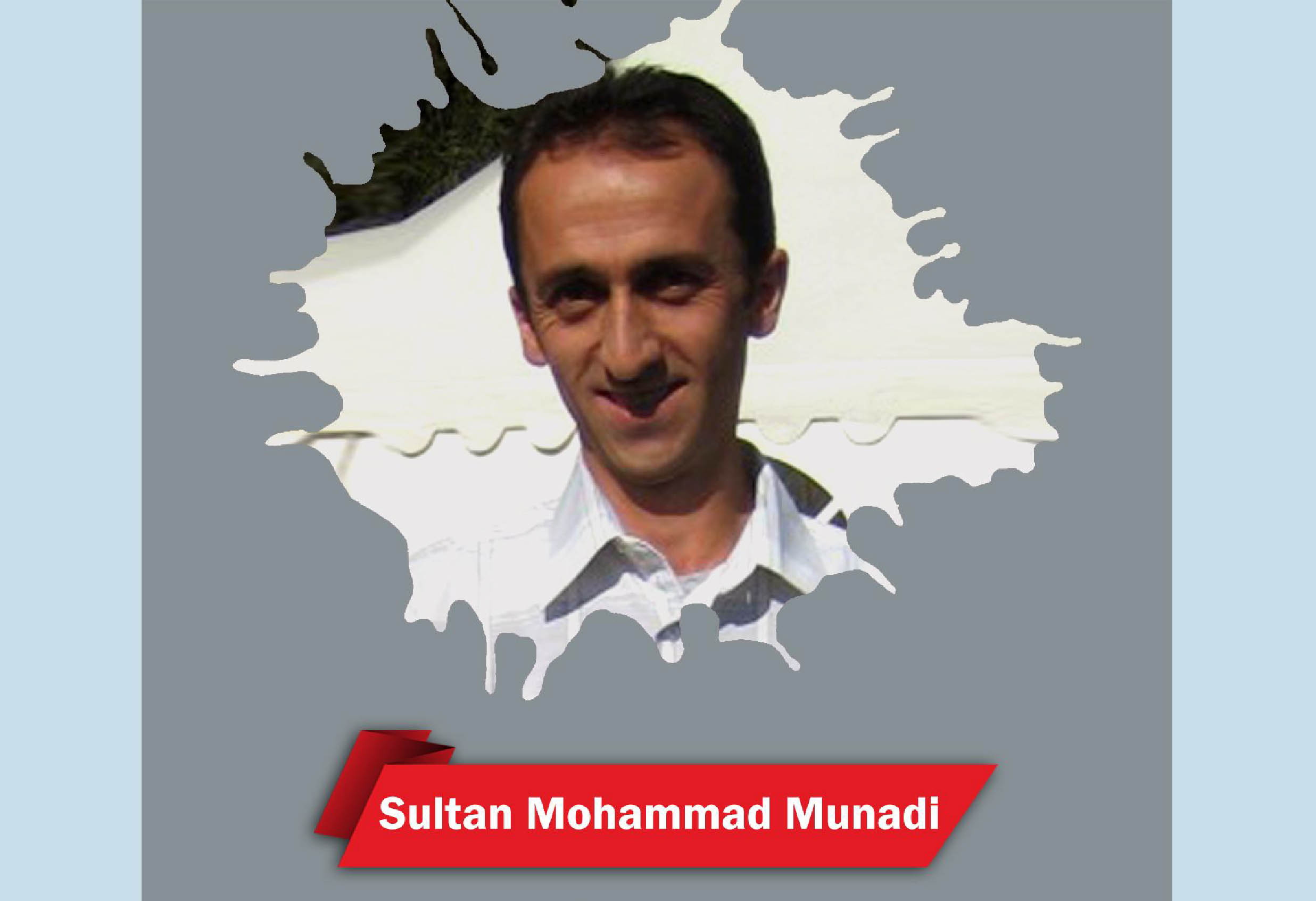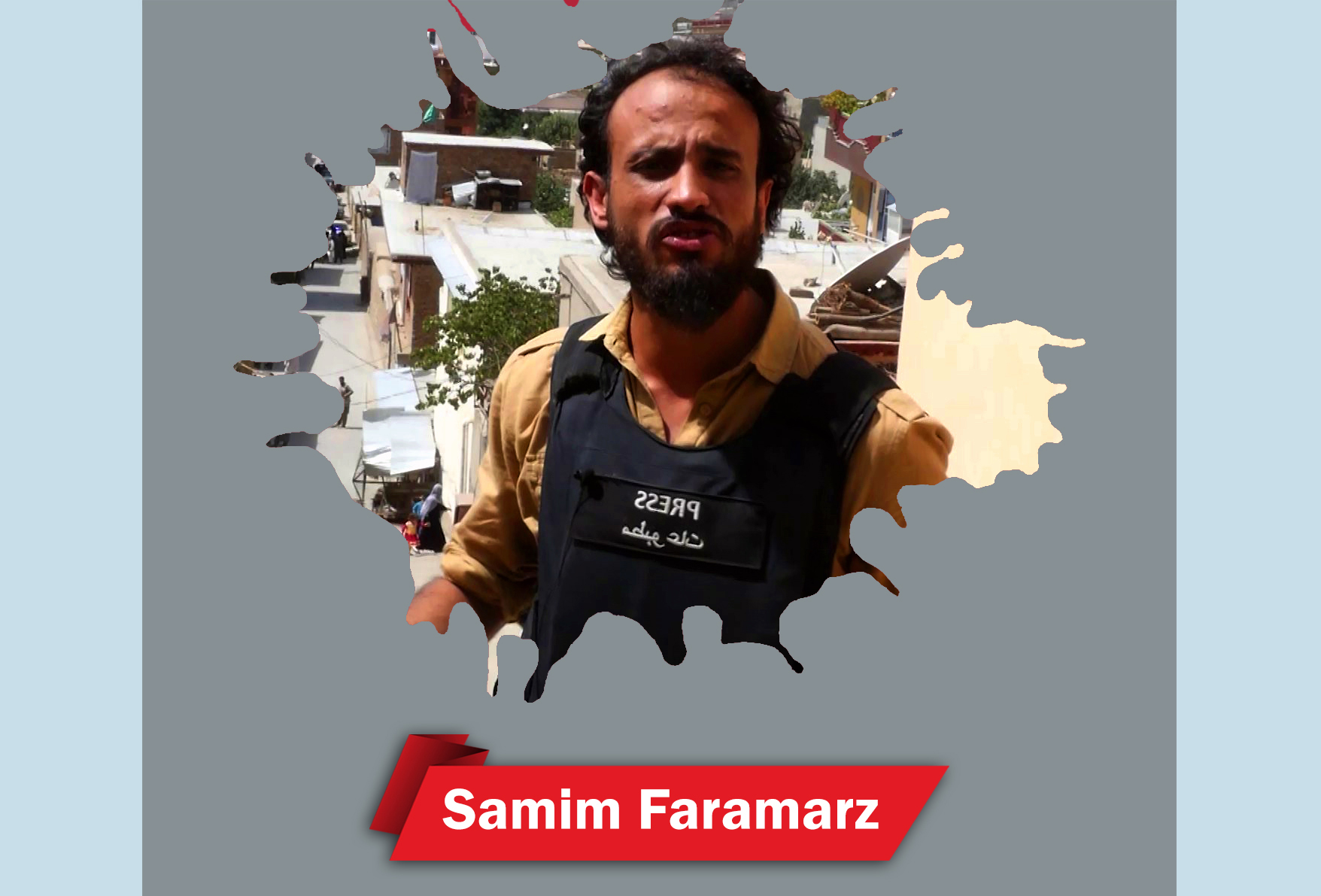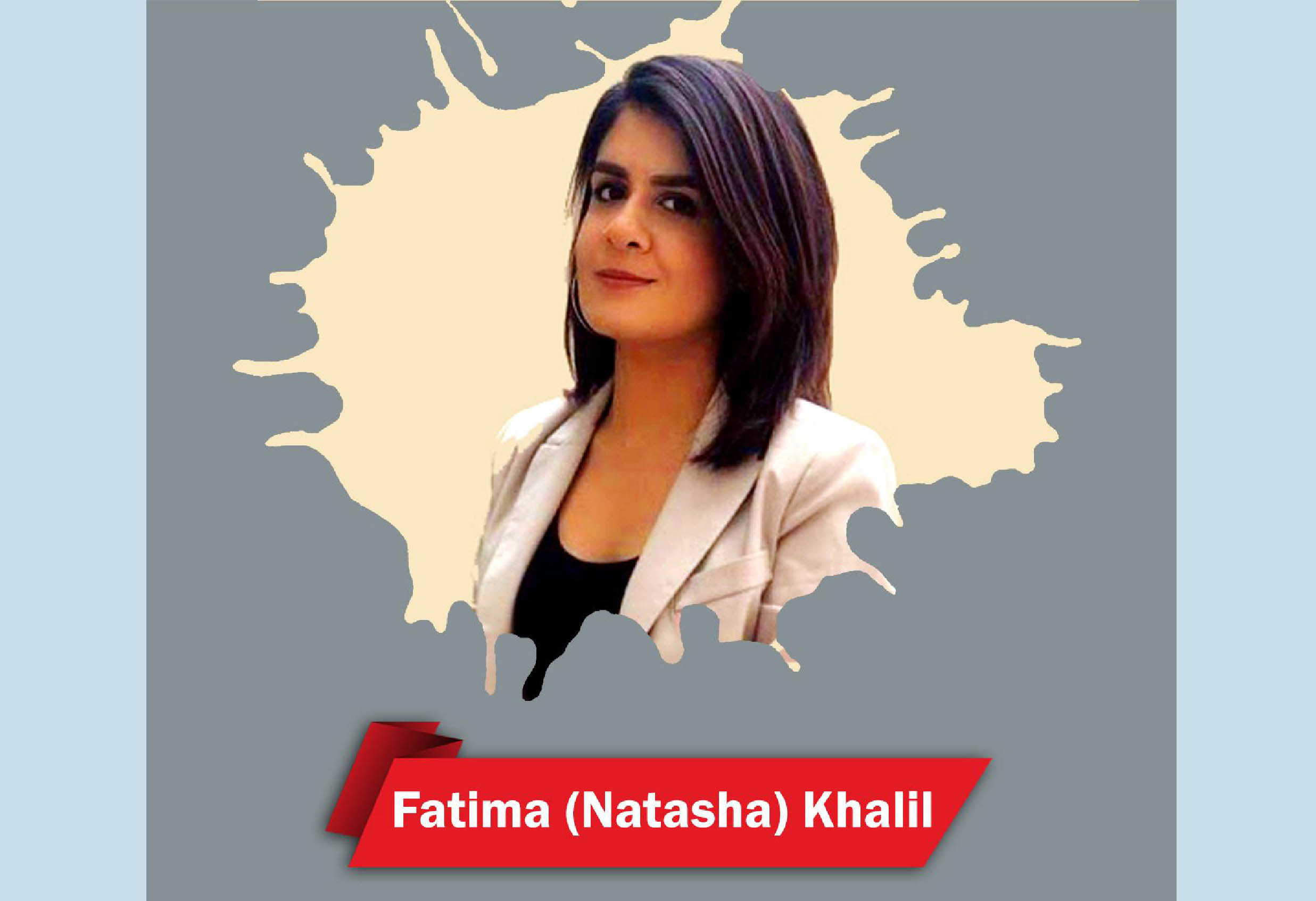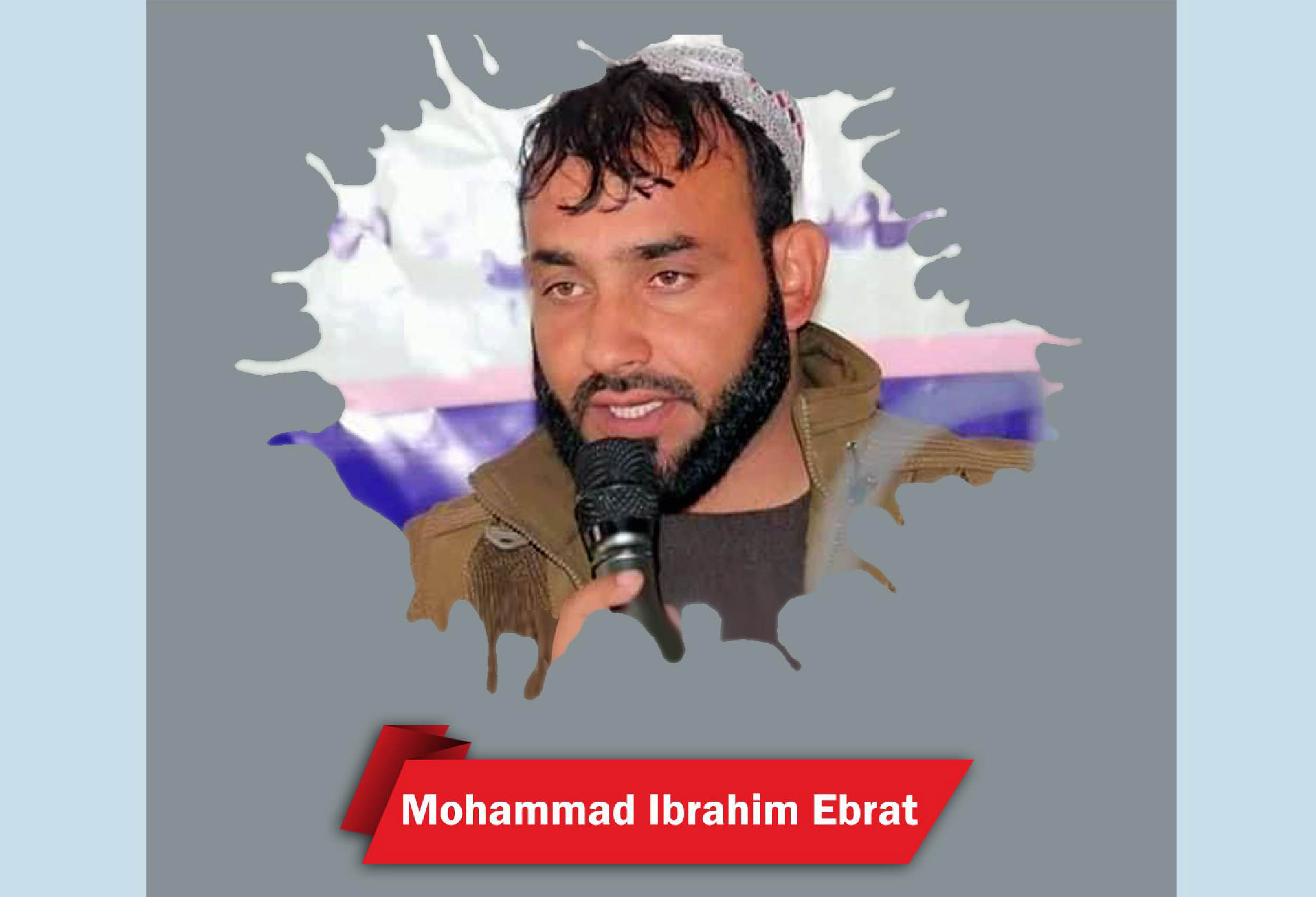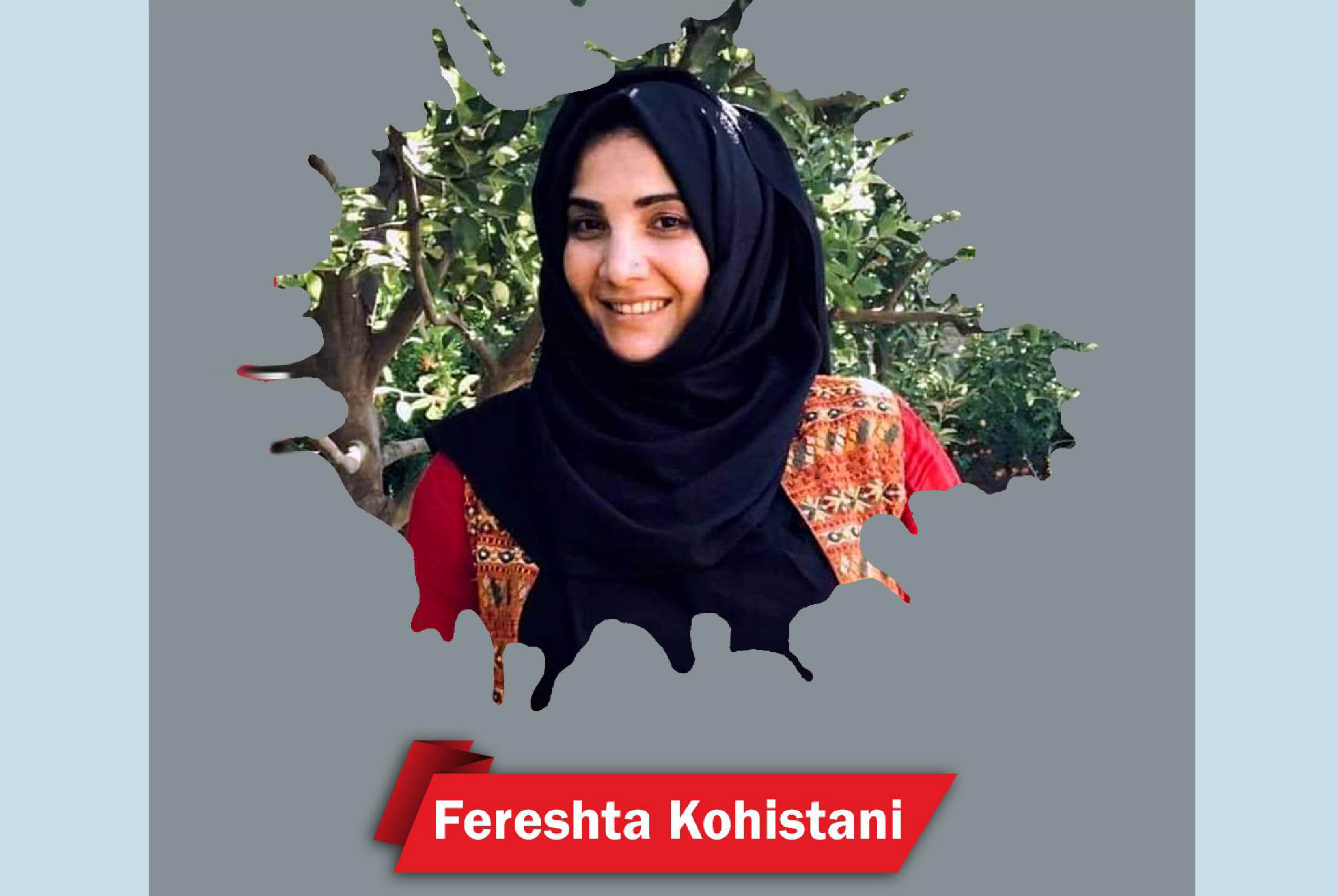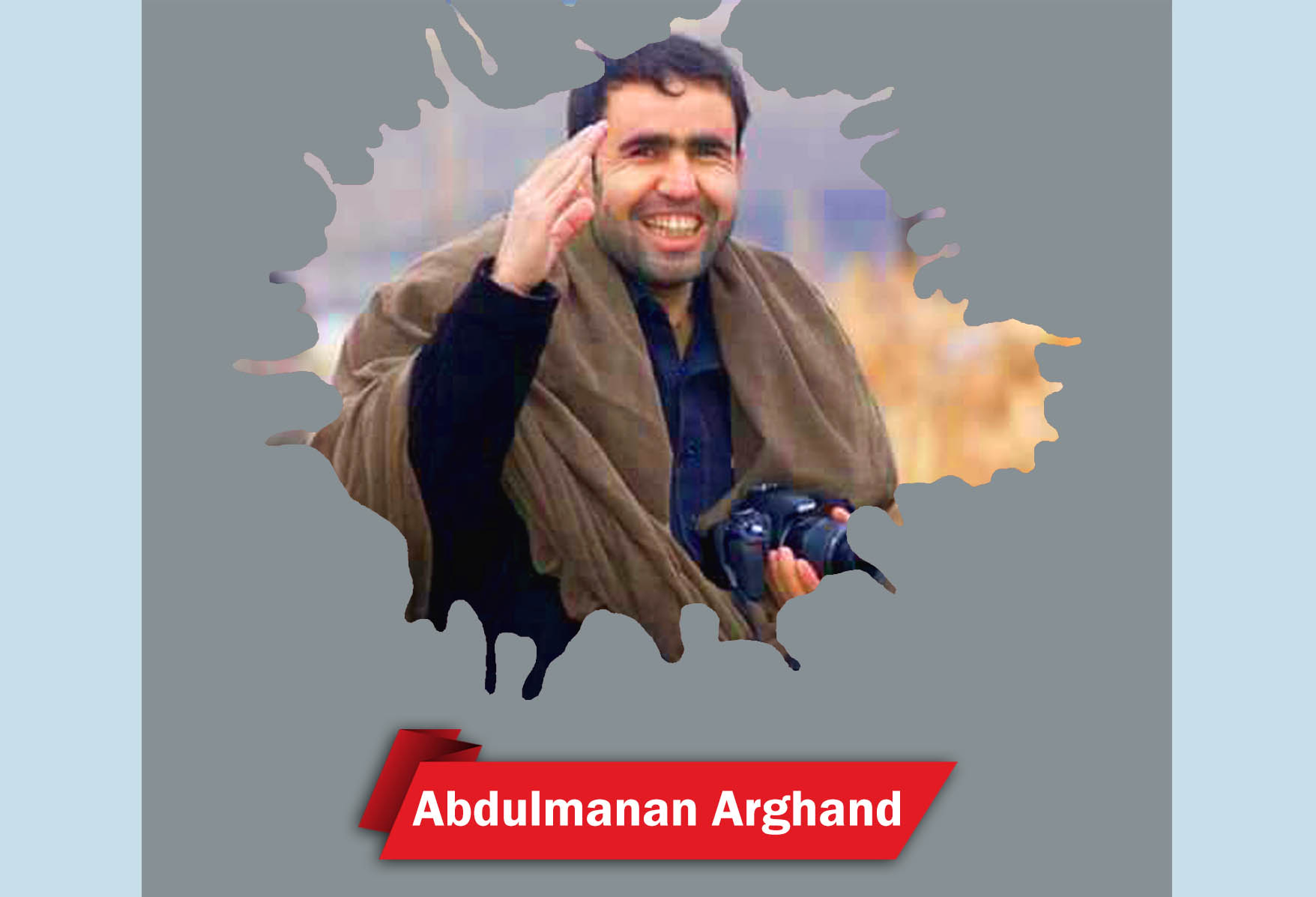Ahmad Sardar
Name: Ahmad SardarOccupation: JournalistDate of Birth: 1974Date of Death: 2014Place of Death: KabulPerpetrator: The Taliban Life and Education:According to a report by Ariana News, Ahmad Sardar was born in 1974 in Kabul. He completed his high school education at Abdul Ghaffar Khan High School in 1992 and then pursued journalism at Kabul University. In 2003, he began his professional career with Agence France-Presse (AFP News Agency). Ahmad was a devoted husband and father, with two sons and a daughter. On the night of Nawroz (the first night of the Persian New Year corresponds to March 20, 2014), he and his family went to Kabul Serena Hotel to celebrate the New Year when Taliban gunmen attacked. Ahmad, his wife, six-year-old daughter Nilofar, and five-year-old son Omar were tragically killed. His two-year-old son, Abuzar, survived but was injured in the attack.Activities:The Independent website, in a report about the murder of Ahmad Sardar, stated: “Ahmad became a journalist in 2001 following the fall of the Taliban regime, when he started work as a translator for Japanese journalists. Two years later the AFP news agency hired him to cover daily press conferences in the US army base in Bagram. He duly perfected his English and his career as a reporter took off.” The report further notes: “Over the years Ahmad built up a series of strong sources among Afghanistan's complex, tumultuous political life from all sides of the conflict, reporting regularly for AFP as well as running Pressistan, an agency which helped foreign journalists find their feet in Afghanistan. But apart from his versatility and widely respected political journalism, Sardar Ahmed had a striking ability also to find original 'human interest' stories which had little or nothing to do with the conflict, and which allowed him to portray life in Afghanistan beyond the…
